
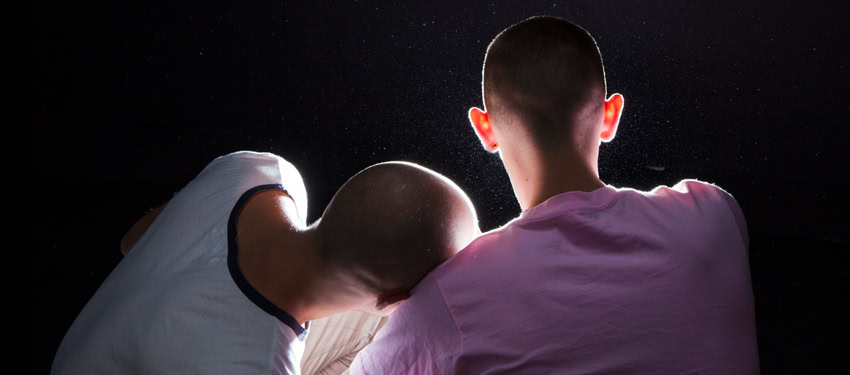
NOTHING highlights the manipulative effects of social media quite like being publicly congratulated in the wake of personal devastation. It’s strange, the way we’re so inherently inclined not to divulge the gorily domestic details of our respectively trying lives. We’d rather share the filtered happy-snaps, the glowing throw-backs, the witty life-hacks.
Surely nobody wants to know that I’ve just arrived home from our fourth trip to the emergency room in two weeks. That I haven’t slept more than three hours a night in recent memory. That work is bad, health is bad, life is (for the moment) bad. Perhaps it’s the sense of #pride that comes with presenting our lives online — a fear of being judged, a stubborn unwillingness to slip from the crumbling ledge of perceived perfection. After all, there’s nothing fun about hospital waiting rooms or CT scans. The Valencia filter doesn’t do an MRI any favours. Over-priced painkillers and the unrelenting constipation which follows don’t seem to fit under an obvious hashtag.
Instead we share our triumphs, however trivial in comparison. Of course we’d sooner imply success than admit defeat. Feign strength in place of revealing weakness.
The same could be said for the ways we compose ourselves in everyday social situations. Our trademark steely exteriors and expertly-dished “shade” might give the impression of impenetrable ferocity, but are we actually just feeding a vicious cycle of discontentment, fear and feelings of inadequacy?
Imagine if we all spoke a little more openly of our daily struggles — if our definitions of strength weren’t divulged solely from our apparent fierceness or corporate success, but rather a willingness to admit hardship and the ability to rise above it.
Perhaps it’s time we revert back to the “homo rule book” and collectively redefine fabulousness to include the unfortunate realities. I’m not just talking acne break-outs, greasy take-outs and drunken make-outs. I’m talking dodgy digestion, nasal congestion, unidentified infection and social subjection. Sometimes life gets pretty rough, and when it does we shouldn’t feel ashamed to “check-in” at the local mental-health clinic in place of our usual Fitness First.
Who knows, maybe then I could actually speak honestly about everything: about my current anxieties and frustrations surrounding my boyfriend’s health and our waning finances. Maybe then I could share an Instagram selfie of my softening belly, rapidly fading tan, and the 4L tub of Neapolitan ice-cream I’m consuming as I type these very words.
Maybe then we could finally cut the social media crap — and admit that sometimes life is just that. #Crap.
But in the meantime: yes, things are going great. I just released my book. My last status was shared a whole bunch. I’ve been tweeted and re-tweeted. Everything’s going well. Very well. Good. Yes. Thank you. A catch-up would be lovely. Celebratory drinks are certainly in order. LOL. Haha. I miss you, too. Thanks again. Don’t forget to hit “like” and follow! Sam xxx <3
Samuel Leighton-Dore is a Sydney-based writer and director. His best-selling eBook Love or Something Like It is available now and his children’s book I Think I’m A Poof can be purchased here.
Follow Samuel on Twitter via @SamLeightonDore
____________
**This story was first published in the June edition of the Star Observer, which is available to read in digital flip-book format. To obtain a physical copy, click here to find out where you can grab one in Melbourne, Sydney, Brisbane, Adelaide, Canberra and select regional/coastal areas.




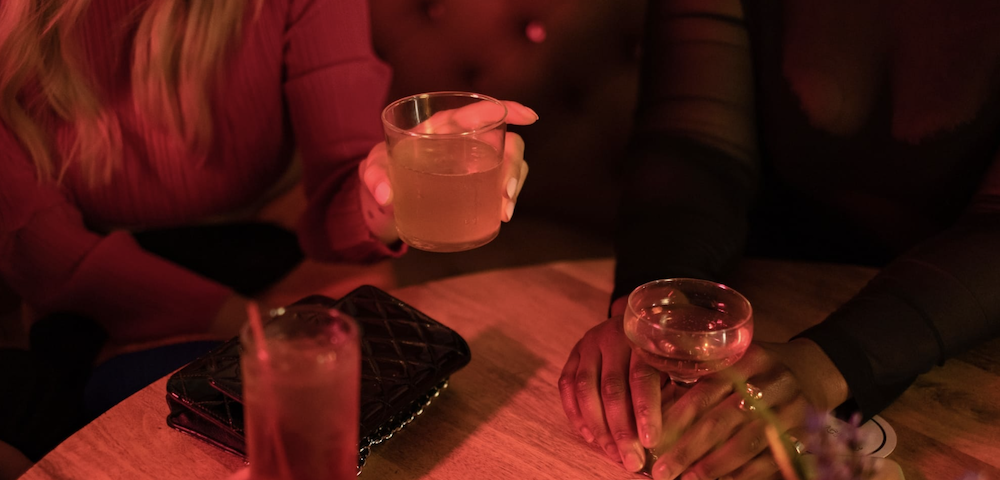
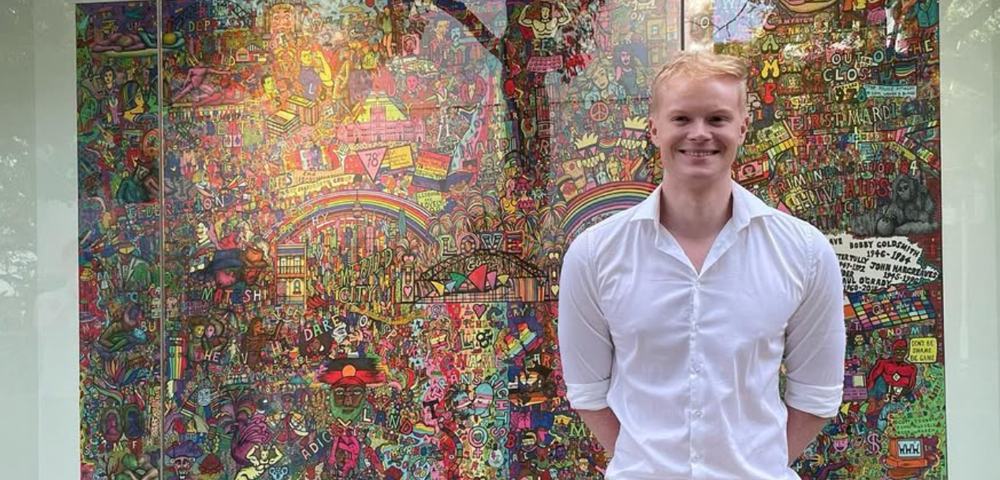

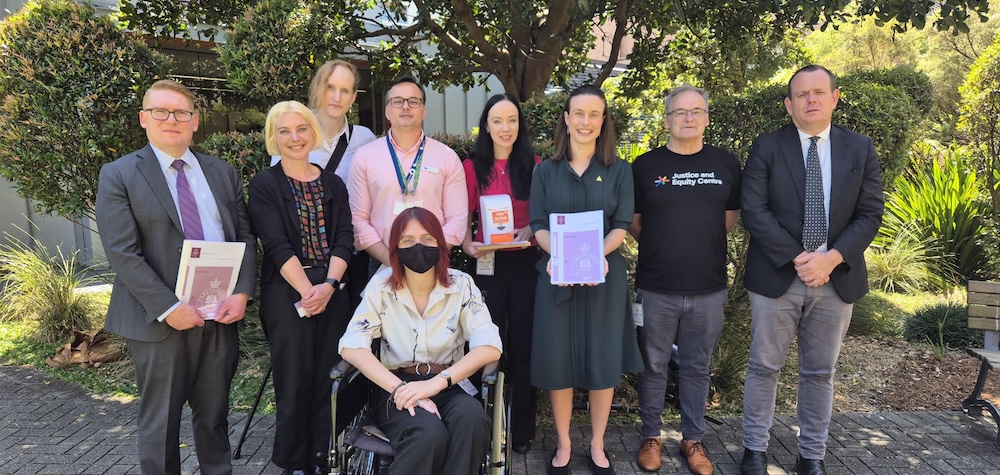
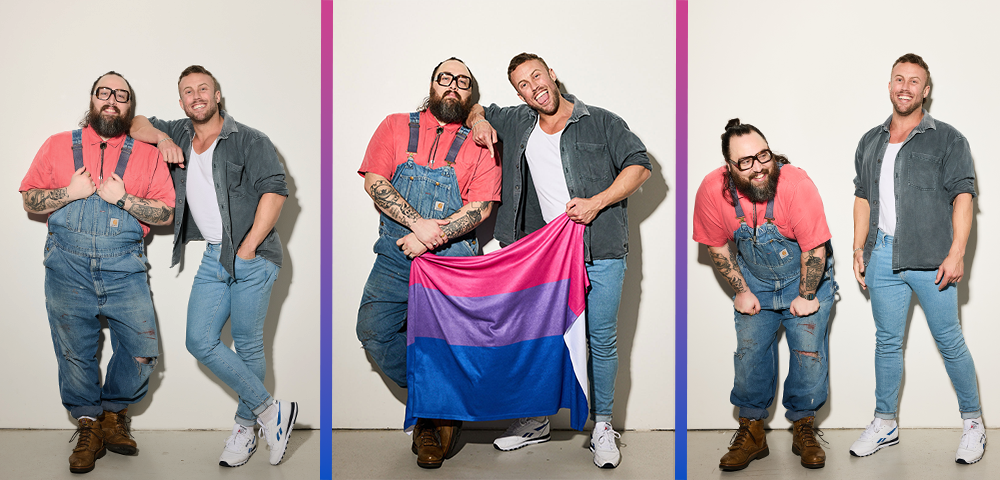

Metadata